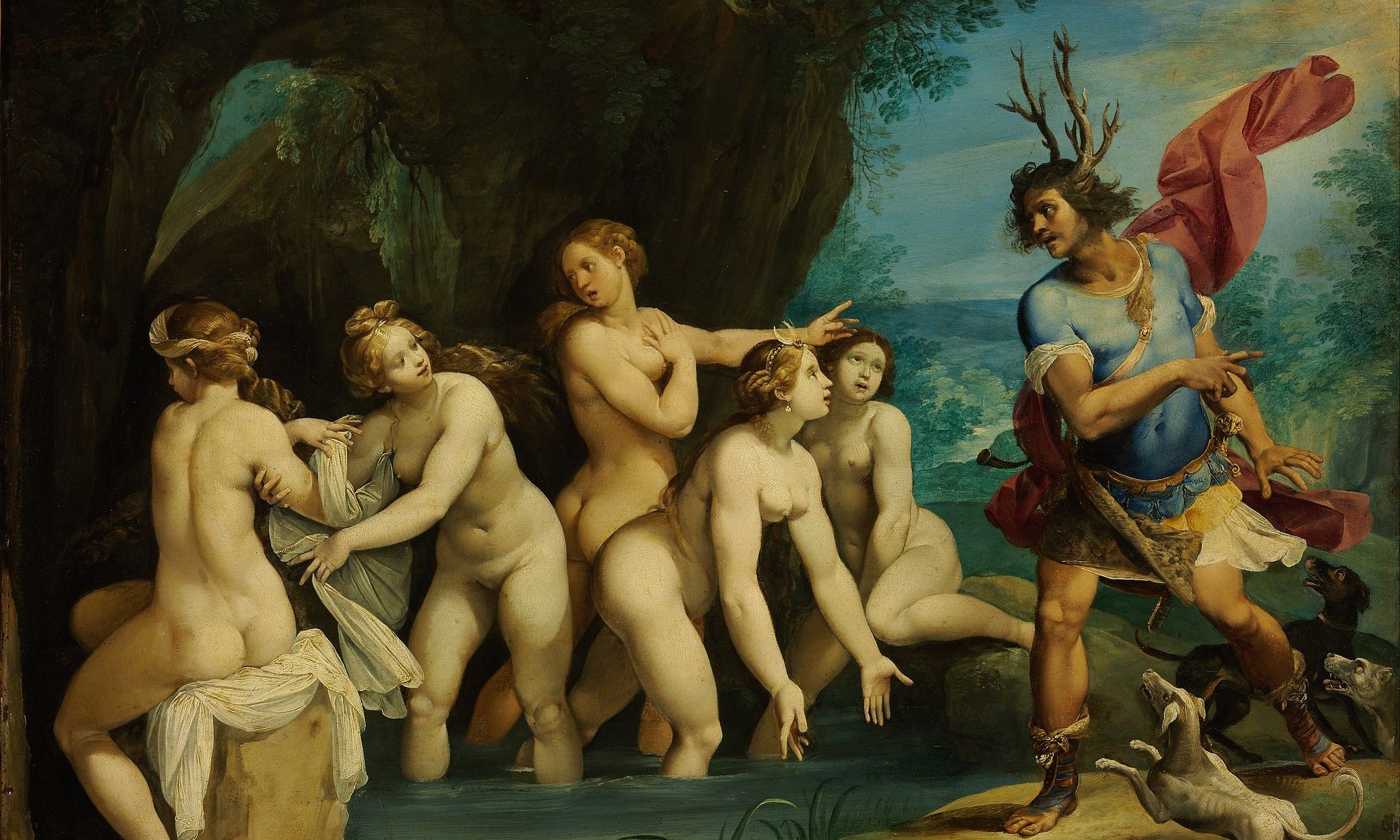Giuseppe Cesari's Diana and Actaeon (1603)
Photo: Google Cultural Institute via Wikimedia creative commons
A 17th-century painting by the Renaissance artist Giuseppe Cesari featuring five nude women is at the centre of a censorship row at a French school.
The French newspaper Le Monde reports that some students said they were “disturbed” by the display of Diana and Actaeon, a 1603 painting by Cesari. The work was shown during vie de classe (a period in French schools often set aside for general classroom business) to students aged 11 and 12 at Jacques Cartier school in Issou, west of Paris, on 7 December. Housed at the Musée du Louvre in Paris, the painting shows the hunter Actaeon disrupting the goddess Diana and her bathing nymphs.
Students also claimed the teacher made Islamophobic remarks which the school administration has denied, adds Le Monde. Jacques Cartier school was contacted for further comment. According to The Times, some parents also complained to the school.
Sophie Vénétitay, the secretary general of the Snes-FSU secondary school teachers' union, told the broadcaster BFMTV: “Some students averted their gaze, felt offended, said they were shocked… [some] also alleged the teacher made racist comments during a class discussion.”
Staff members at the school refused to work earlier this week in solidarity with the teacher who showed the Cesari work, citing the recent murders of the French teacher Samuel Paty who was killed by a radicalised teenager in October 2020 after showing a caricature of the Prophet Muhammad during a class on freedom of expression. “Our colleagues feel threatened and in danger,” added Vénétitay.
The French education minister Gabriel Attal visited the school on 11 December and said the pupils concerned would be reprimanded. The school has since reopened. Le Monde adds that in a letter sent on 8 December to France’s director of national education services, staff at the college highlighted “acts of slander, a multiplication and aggravation of incidents [against staff] and an attack on secularism”, without specifically citing the Cesari incident.

